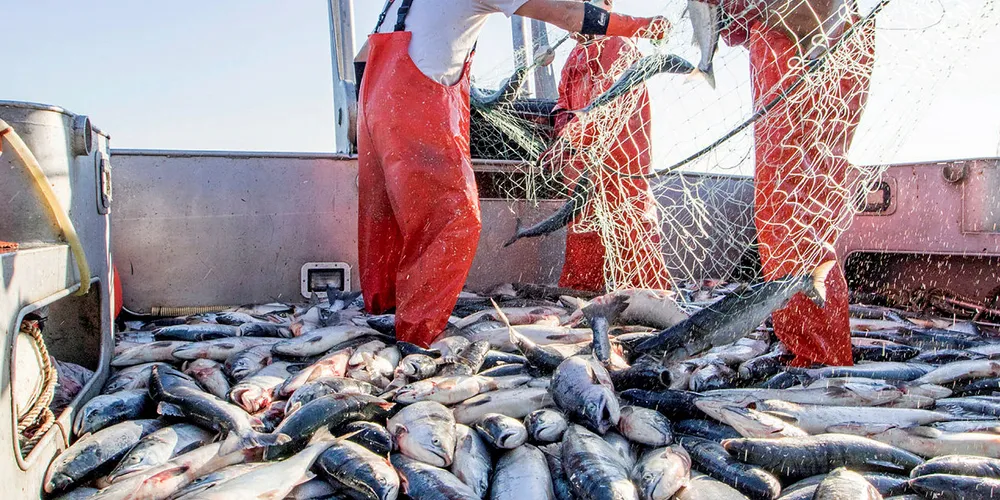'It's always been wild versus farmed': Some Alaska fishermen wary of Cooke-Ocean Beauty salmon merger
The deal to create a new Alaska salmon giant has drawn mixed opinions from the harvesters that supply them, but most are taking a wait-and-see approach.
